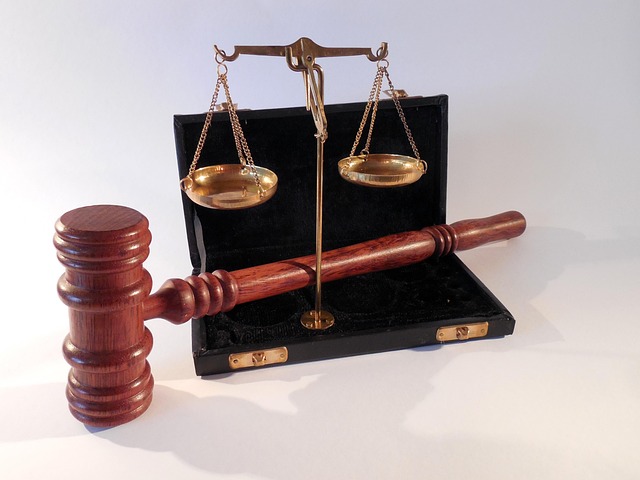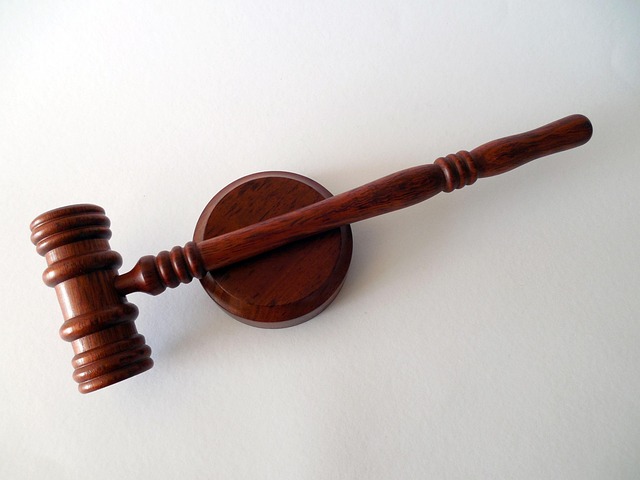The RF Securities Industry Regulation prioritizes the importance of due process in court as a cornerstone for protecting investors and fostering fair market practices. By establishing clear guidelines, these regulations prevent fraud, enforce anti-money laundering measures, and ensure transparency throughout the securities transaction process. This robust system maintains public trust, safeguards against arbitrary decisions, and ultimately upholds the rule of law, contributing to a resilient and ethical financial ecosystem.
“The RF Securities Industry, a cornerstone of global finance, operates within a regulatory framework designed to protect investors and maintain market integrity. This article delves into the intricate world of RF Securities Industry Regulation, exploring its fundamental structure and the pivotal role of due process. We analyze how stringent regulation, emphasizing fairness and transparency through robust due process in court, significantly boosts investor confidence. Understanding these dynamics is crucial for gauging the industry’s stability and the protection it offers to market participants.”
- Understanding RF Securities Industry Regulation: A Framework for Protection
- The Role of Due Process in Ensuring Fairness and Transparency
- Impact of Stringent Regulation: Enhancing Investor Confidence and Market Integrity
Understanding RF Securities Industry Regulation: A Framework for Protection

The RF Securities Industry Regulation is a comprehensive framework designed to protect investors and ensure fair market practices within the financial sector. At its core, this regulation emphasizes the importance of due process in court, which serves as a cornerstone for maintaining trust and integrity in high-stakes cases. By establishing clear guidelines and protocols, regulatory bodies can navigate the complex landscape of securities trading, fostering a transparent environment that benefits both investors and businesses alike.
This regulatory approach is crucial for addressing various issues, from fraud prevention to ensuring compliance with anti-money laundering laws. As regulations evolve to meet the dynamic nature of financial markets, the respective business environment becomes more robust, providing a safety net across the country. This not only safeguards individual investors but also promotes stability in the overall economic ecosystem, especially when dealing with intricate and high-risk securities transactions.
The Role of Due Process in Ensuring Fairness and Transparency

In the securities industry, ensuring fairness and transparency is paramount to maintaining public trust. One cornerstone of this is the due process that governs legal proceedings, particularly in cases involving white-collar and economic crimes. The importance of due process in court cannot be overstated; it serves as a safeguard against arbitrary decisions and protects the rights of all parties involved. This meticulous process includes various steps, from initial investigations to trials, ensuring that every individual is treated fairly and given an opportunity to present their case.
A robust due process system boasts an unprecedented track record of ensuring justice while upholding the rule of law. In many instances, it has led to complete dismissals of all charges against individuals, reflecting its effectiveness in protecting innocent parties from false accusations. This level of transparency and fairness is essential for maintaining the integrity of financial markets and instilling confidence among investors.
Impact of Stringent Regulation: Enhancing Investor Confidence and Market Integrity

In the realm of financial markets, stringent industry regulation plays a pivotal role in maintaining investor confidence and upholding market integrity. Regulations in the RF Securities Industry serve as a crucial safeguard against unethical practices, ensuring that participants adhere to strict standards. This, in turn, fosters an environment conducive to long-term investment and economic growth. The impact of such regulations extends far beyond compliance; it strengthens the overall resilience of financial institutions and protects investors from potential risks associated with market manipulation and fraud.
The importance of due process in court cannot be overstated when considering the intricacies of securities regulation. Effective enforcement mechanisms, including robust legal frameworks and specialized regulatory bodies, enable the resolution of disputes fairly and transparently. This not only deters potential perpetrators but also bolsters trust in the market. Moreover, regulations that cater to general criminal defense, white-collar defense, and the unique considerations of philanthropic and political communities contribute to a balanced approach, ensuring that the industry remains accessible while safeguarding its integrity.
In conclusion, the regulation of the RF securities industry is a complex yet essential framework designed to protect investors, ensure market integrity, and promote fairness. By understanding the intricate aspects outlined in this article, from due process to stringent regulations, we can appreciate their collective role in upholding the stability of financial markets. The importance of due process in court cannot be overstated, as it serves as a cornerstone for justice and transparency. Ultimately, these regulatory measures foster investor confidence, enabling a thriving and sustainable securities industry.






